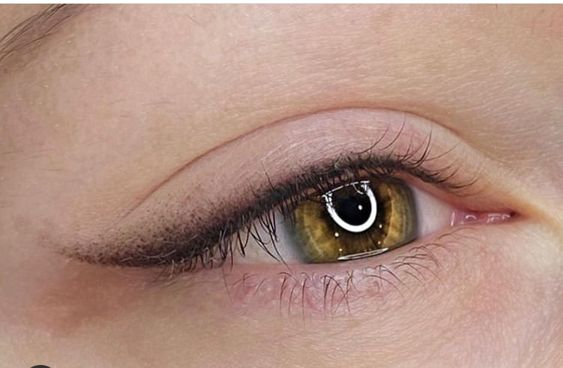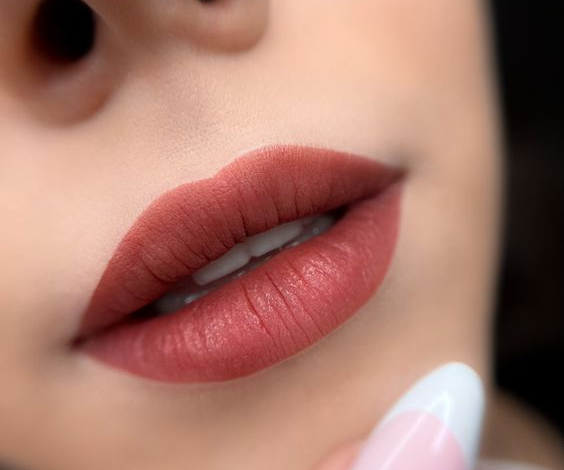
Ultimate Scalp Care: Treating Seborrheic Dermatitis Effectively
Seborrheic dermatitis is a common skin condition that primarily affects the scalp, causing scaly patches, red skin, and stubborn dandruff. For those dealing with this often-irritating condition, finding relief is a top priority. The good news is that numerous strategies can help control symptoms and minimize flare-ups. This article offers a thorough exploration of both home remedies and medical treatments aimed at helping you regain your scalp’s health. We’ll delve into the basics of seborrheic dermatitis, discuss how to effectively treat it, and provide tips for preventing future outbreaks, ensuring you’re equipped with the knowledge to tackle this condition head-on.
Understanding Seborrheic Dermatitis

Seborrheic dermatitis is more than just dandruff; it’s a chronic inflammatory condition that can lead to discomfort and self-consciousness. Characterized by oily, yellowish scales, itchiness, and red skin, it can occur due to yeast overgrowth, genetic factors, or environmental triggers. It’s crucial to differentiate seborrheic dermatitis from conditions such as psoriasis or eczema because treatment approaches can vary significantly. Knowing what triggers your seborrheic dermatitis is the first step in managing it effectively, which can range from stress to changes in weather.
Home Remedies for Seborrheic Dermatitis

Natural home remedies can be your first line of defense against seborrheic dermatitis flare-ups, offering a gentle yet effective way to soothe your scalp. From the use of essential oils like tea tree to homemade scalp masks with ingredients such as honey and apple cider vinegar, these remedies can provide significant relief. However, always conduct a patch test to ensure you don’t have an adverse reaction to any natural ingredients, and consult your dermatologist before starting any new remedy.
- Apple Cider Vinegar Rinse: Mix equal parts water and apple cider vinegar and use it as a scalp rinse after shampooing to reduce itchiness and balance pH levels.
- Aloe Vera Treatment: Apply pure aloe vera gel to soothe inflammation and irritation caused by seborrheic dermatitis on the scalp.
Medicinal Treatments and When to Use Them
Seborrheic dermatitis is a common skin condition that often requires specific medicinal treatments to manage its symptoms effectively. Understanding the various options and knowing when to use them can help alleviate discomfort and improve skin appearance. Here are several treatment approaches:
- Antifungal Creams: Ideal for controlling the yeast that contributes to seborrheic dermatitis. Products containing ketoconazole or clotrimazole are often recommended.
- Topical Corticosteroids: Useful for reducing inflammation and itching. These should be used sparingly and for short durations to avoid side effects.
- Medicated Shampoos: Containing ingredients like tar, salicylic acid, selenium sulfide, or zinc pyrithione can help manage scalp symptoms. Regular use as directed can prevent flare-ups.
- Calcineurin Inhibitors: Such as tacrolimus and pimecrolimus can be used when other treatments are not suitable or have failed. They are effective in reducing inflammation without the risks associated with steroids.
- Lifestyle Modifications: Including stress reduction, dietary adjustments, and maintaining good skin hygiene can complement medicinal treatments and help manage outbreaks.
Preventing Seborrheic Dermatitis Flare-ups
Preventing flare-ups of seborrheic dermatitis involves consistent and careful skin care routines. Key strategies include maintaining a regular cleaning schedule with gentle products, managing stress effectively, and being mindful of dietary triggers. It’s also beneficial to use medicated shampoos regularly if the scalp is affected. Keeping the affected skin areas dry and cool can help reduce the frequency of flare-ups. Since seborrheic dermatitis can be exacerbated by yeast growth, limiting sugar intake and processed foods may also contribute to better skin health. Furthermore, identifying personal triggers through observation or professional help can enable more targeted prevention strategies. Consistency in these practices is crucial for effectively managing this condition over time.
Daily Scalp Care Tips
Caring for your scalp on a daily basis is pivotal in preventing seborrheic dermatitis flare-ups. The key is to find a balance; don’t over-wash your hair, which can strip the scalp of essential oils, but don’t under-wash either, which can lead to oil build-up. Use gentle, pH-balanced hair products, and avoid those with harsh chemicals or fragrances that could further irritate your scalp.
Monitoring and Avoiding Triggers
Being vigilant about what triggers your seborrheic dermatitis is crucial. Common triggers include extreme weather conditions, stress, and certain skincare products. By keeping a symptom diary, you can identify patterns in your outbreaks and take proactive steps to avoid known triggers. Learning to manage individual triggers is a personalized process, and what works for one person might not work for another.
Expert Voices: Dermatologist-Recommended Strategies
Seeking advice from a dermatologist is an essential part of managing seborrheic dermatitis. Healthcare professionals can offer specialized strategies tailored to your situation, such as specific medication protocols or light therapy. Dermatologists also keep abreast of the latest research and treatments, providing access to cutting-edge options that may not be widely known. It’s important to follow up with your healthcare provider if you notice changes in your condition or if your current regimen stops working.
When to See a Doctor
While mild seborrheic dermatitis can often be managed at home, it’s vital to seek medical advice if symptoms persist or worsen. Seborrheic dermatitis can sometimes resemble other skin conditions like scalp psoriasis or allergic reactions. A doctor can provide a proper diagnosis and recommend treatment that could include prescription-strength medications or therapy. If you experience signs of infection, such as pus, severe itching, or swelling, contact a healthcare provider immediately.
Conclusion
In conclusion, managing seborrheic dermatitis involves a combination of proper scalp care, appropriate treatment options, and lifestyle modifications. Consistency is key—establishing a regular routine that incorporates both preventive measures and active treatments is essential for maintaining scalp health. Remember, while seborrheic dermatitis can be persistent, with the right strategies, you can control it and lead a comfortable life. Empower yourself with knowledge, and don’t hesitate to seek help when needed.
FAQs
- Q1: Can seborrheic dermatitis be cured permanently?
A1: While there isn’t a permanent cure for seborrheic dermatitis, many can effectively manage and control their symptoms through proper treatment and lifestyle adjustments to reduce flare-ups. - Q2: How often should I wash my hair if I have seborrheic dermatitis?
A2: Hair washing frequency can vary; however, using a medicated shampoo 2-3 times a week is often recommended to manage symptoms. Talk to a dermatologist for personalized advice. - Q3: Are natural oils safe to use on my scalp if I have seborrheic dermatitis?
A3: Certain natural oils like tea tree and coconut oil have properties that may help manage symptoms, but it’s essential to use them correctly and cautiously. Some oils can exacerbate the condition, so consulting with a dermatologist is advisable. - Q4: Can diet really affect seborrheic dermatitis?
A4: Yes, diet can impact inflammation in your body and indirectly influence seborrheic dermatitis. Reducing intake of inflammatory foods and increasing anti-inflammatory foods might help control flare-ups. - Q5: Is it necessary to see a dermatologist for seborrheic dermatitis, or can I treat it at home?
A5: While mild cases can often be treated at home with over-the-counter products, it’s crucial to see a dermatologist if your symptoms are severe, persistent, or worsening. They can provide targeted treatment plans and rule out other conditions.


